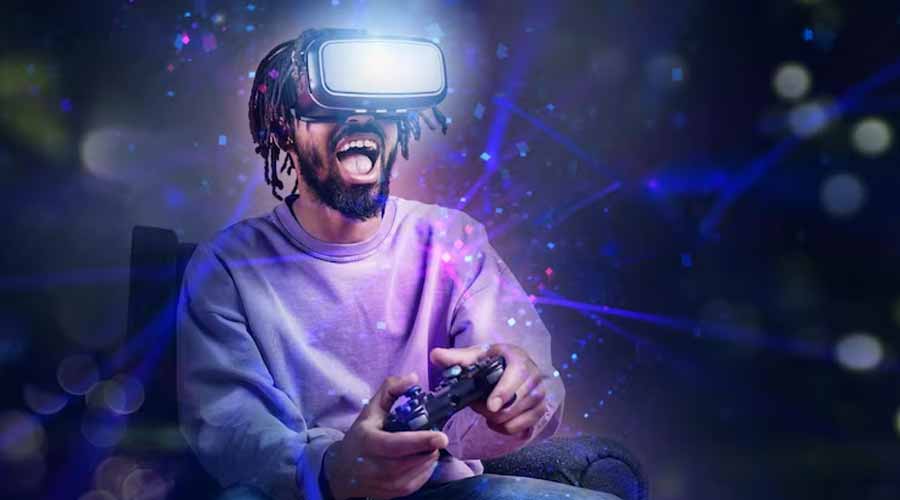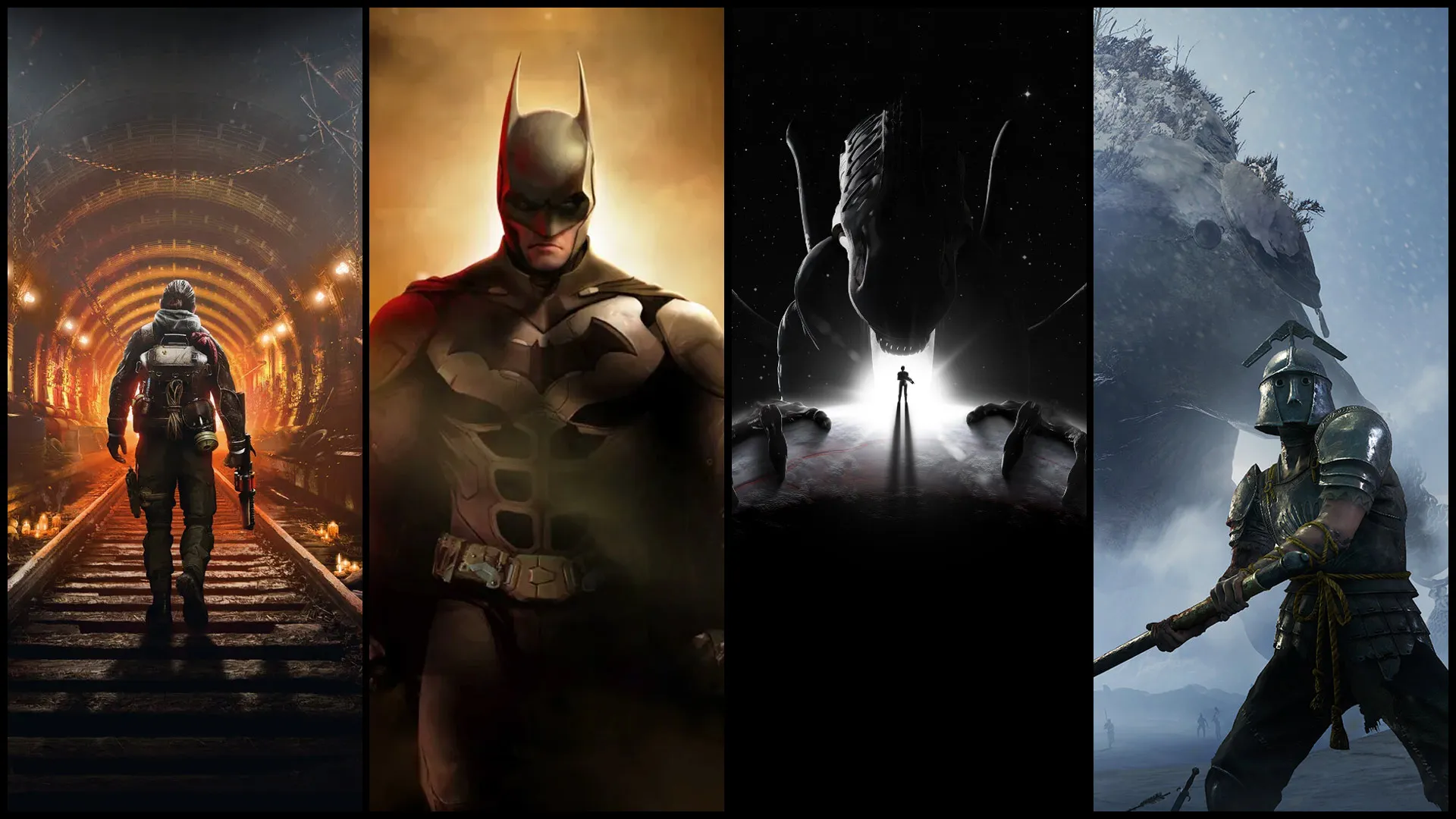
How Virtual Economies Are Shaping the Future of Gaming
The world of VR gaming is rapidly evolving, introducing virtual economies that redefine how players interact and create value within immersive worlds. These digital marketplaces offer new ways to buy, sell, and trade assets, empowering gamers with ownership and real-world stakes in their virtual adventures.
From player-driven economies in massively multiplayer VR titles to innovative NFT integrations, the financial ecosystems within VR are becoming increasingly complex and influential. Developers are exploring how these economies can enhance engagement, foster communities, and unlock new revenue streams while maintaining balance and fairness.
"Virtual economies in VR gaming are transforming players from mere participants into stakeholders, reshaping the future of interactive entertainment."
Games like VRChat, Decentraland, and Axie Infinity illustrate how virtual currencies and assets can create meaningful social and economic experiences. As VR technology and blockchain integration advance, these economies will offer unprecedented opportunities for creativity, collaboration, and commerce within virtual spaces.
- Dynamic player-driven marketplaces within VR worlds
- Integration of blockchain for secure digital ownership
- New monetization models enhancing player incentives
- Expanding social and collaborative gameplay opportunities
As virtual economies continue to grow, VR gaming is set to become not only a source of entertainment but also a thriving digital ecosystem where players can invest, create, and connect in ways never before possible.
You may also like
3 comments

Thanks for your feedback, Elena! The future of VR economies is indeed very promising.

Informative read! I’m excited about the opportunities VR economies bring to gamers and creators alike.



This article perfectly captures the excitement around VR economies. Can't wait to see how this changes gaming!